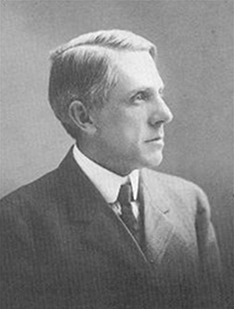

Two mysteries remain about the poem: whether Casey and Mudville were based on a real person or place, and, if so, their actual identities.

It was not until several months after the publication of the poem that Thayer became famous for it, since he was hardly the boastful type and had signed the June 24 poem with the nickname "Phin" which he had used since his time as a writer for the Harvard Lampoon.

Thayer's last piece for the Examiner, dated June 3, 1888, was a ballad entitled "Casey" ("Casey at the Bat") which made him "a prize specimen of the one-poem poet" according to American Heritage. The constant wrangling about the authorship, from which I have tried to keep aloof, has certainly filled me with disgust. Its persistent vogue is simply unaccountable, and it would be hard to say, all things considered, if it has given me more pleasure than annoyance. In general quality "Casey" (at least in my judgment) is neither better nor worse than much of the other stuff. During my brief connection with the Examiner, I put out large quantities of nonsense, both prose and verse, sounding the whole newspaper gamut from advertisements to editorials.


 0 kommentar(er)
0 kommentar(er)
